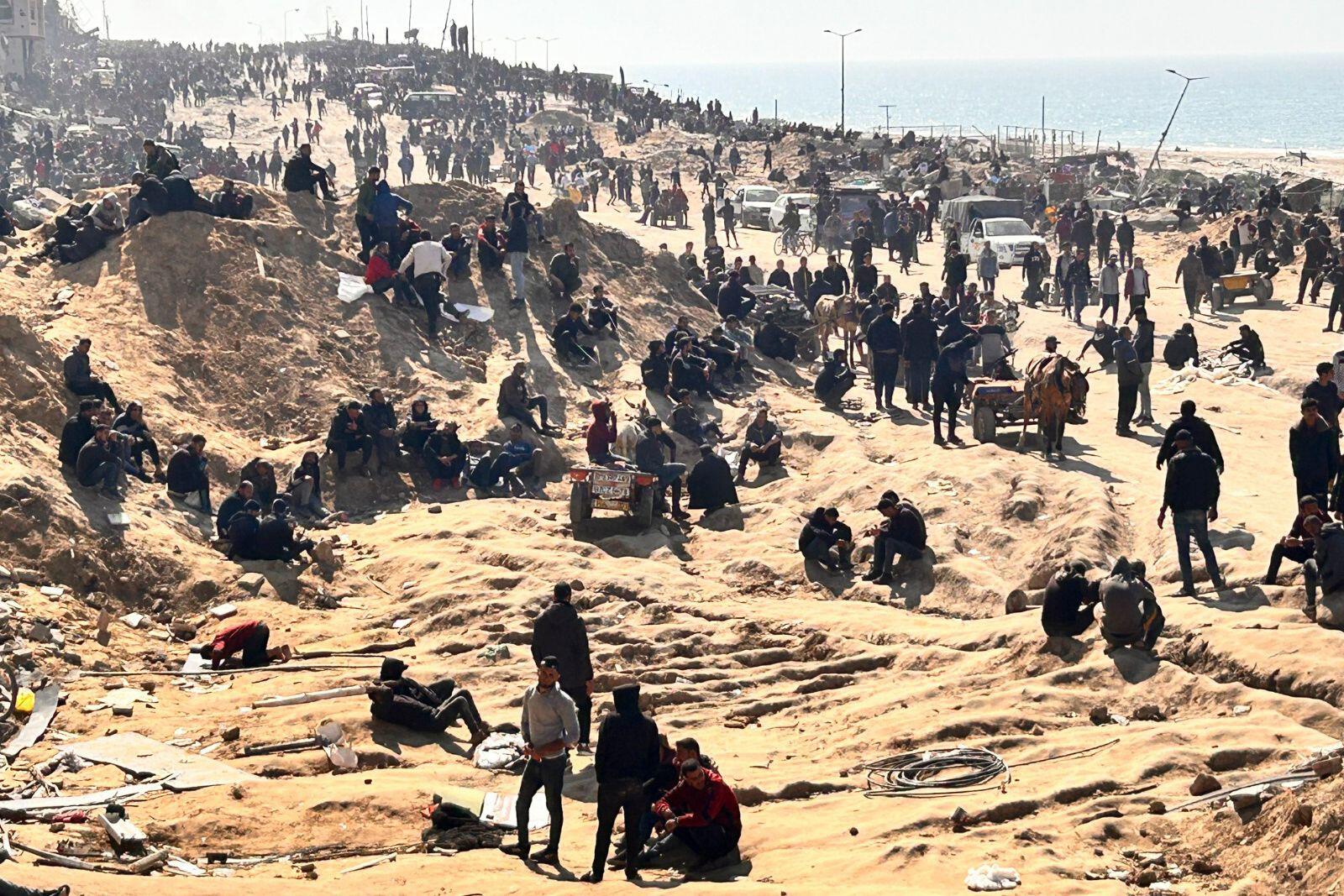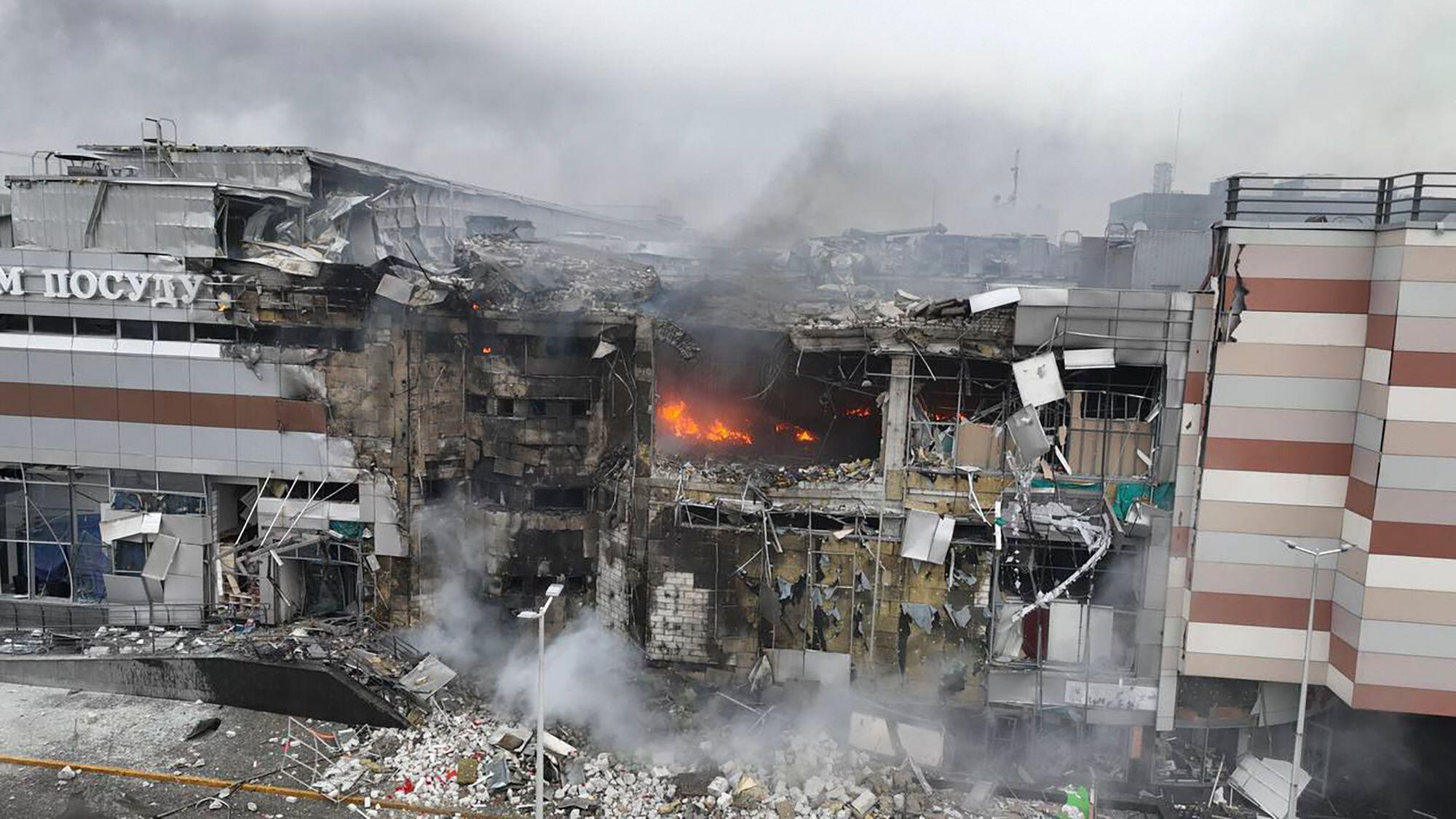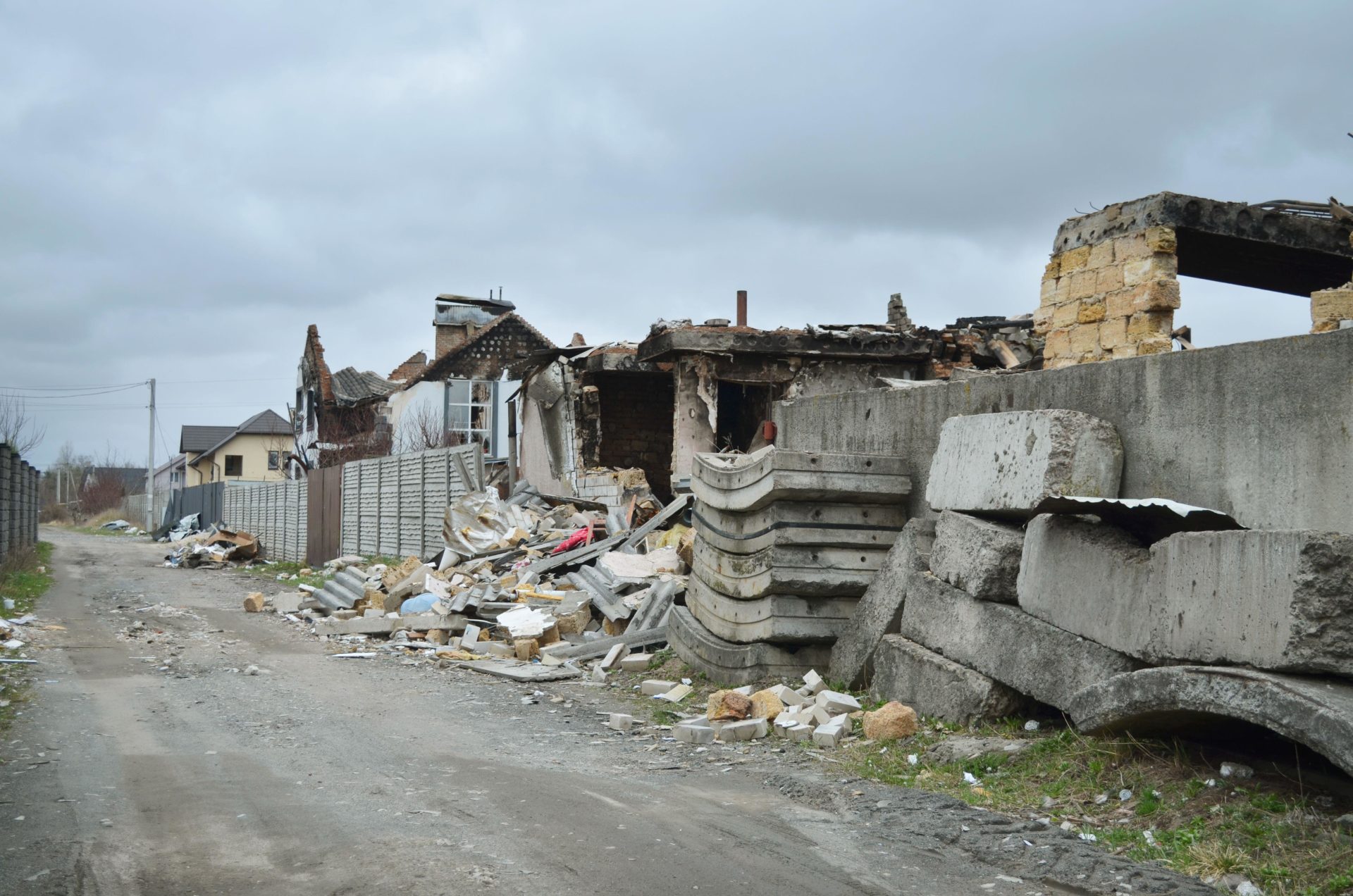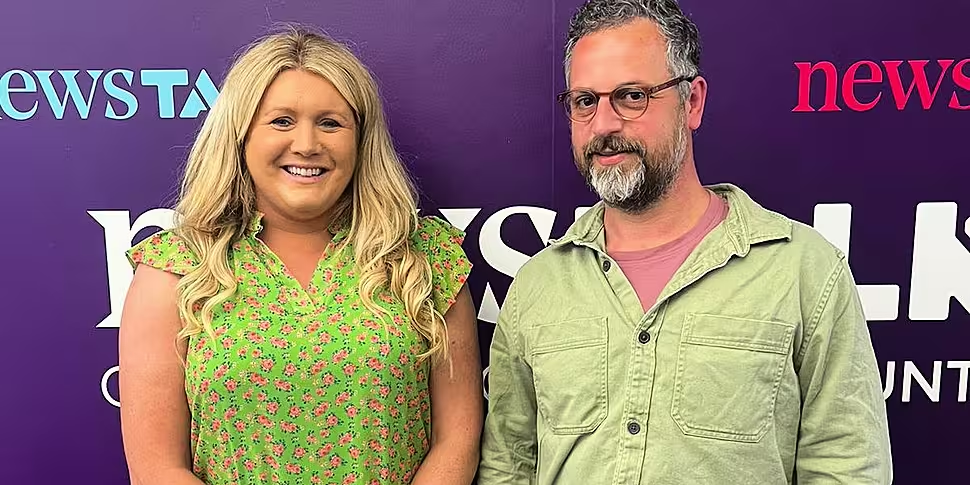What’s it like to be a war photographer?
For this week’s Ask Me Anything segment on Lunchtime Live, Andrea Gilligan spoke to Paulo Nunes dos Santos about his work as a photographer in some of the world’s most dangerous conflict zones.
Mr Nunes dos Santos wanted a job where he could travel and became a journalist.
After covering his first conflict, he realised he found the work “exciting” and has since covered most of the world’s major conflicts of the past 20 years.
The first question came from a listener who was keen to learn how he manages to get published.
“I’m a freelancer and have always been a freelancer and independent journalist and photographer,” Mr Nunes dos Santos said.
“In time, I started to build up connections and relationships with many publications around the planet.
“I contact these editors I know and they will tell me whether they are interested or not.
“Sometimes editors will ask me to go and that’s easier because there’s a guarantee that they will [take my work].”
 Palestinians wait for humanitarian aid on a beachfront in Gaza City, 25-02-2024. Image: Associated Press / Alamy
Palestinians wait for humanitarian aid on a beachfront in Gaza City, 25-02-2024. Image: Associated Press / AlamyAnother question was whether there are any images that have ever haunted him?
“I have seen the worst of humanity,” he said.
“Usually, I say we have a rucksack and you keep putting stones into it and eventually you kind of feel it.
“I have images that I chose not to take that haunt me more than the images I actually took photographs of.
“There’s moments where you choose not to photograph and to put your cameras down. I would say those moments are the worst and haunt you the worst.”
 Firefighters work in ruins of a mall damaged in Russia's most massive missile attack in Dnipro, Ukraine, 29/12/2023. Image: Associated Press / Alamy Stock Photo
Firefighters work in ruins of a mall damaged in Russia's most massive missile attack in Dnipro, Ukraine, 29/12/2023. Image: Associated Press / Alamy Stock PhotoA different listener wanted to learn if there are any bright moments in conflict?
“You see the worst of people in conflict and you see the best of people as well,” he said.
“You can see how people adapt very, very rapidly and quickly to the worst of the situations.
“You tend to find people come together and help the most vulnerable in those situations.”
 Dmytrivka village, Kyiv region, Ukraine - April 13, 2022: Destroyed private houses during active hostilities in Ukraine. War of Russia against Ukraine
Dmytrivka village, Kyiv region, Ukraine - April 13, 2022: Destroyed private houses during active hostilities in Ukraine. War of Russia against UkraineAnother question was how the development of different technologies have helped him over the years.
“It does; the way to transmit images, for example,” he said.
“Even the cameras themselves, they are smaller and they allow you to carry less weight.
“You can work in the nighttime without flashes and stuff.”
You can listen back here:
Main image: Andrea with Paulo Nunes dos Santos. Picture by: Newstalk









